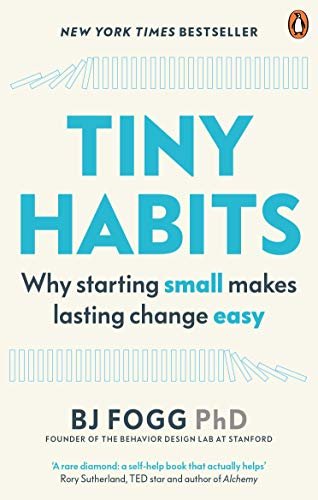3 Self-Help Books That Actually Help
I always viewed self-help the way I viewed sex. Those who talk about it too much are the least likely to be actually doing it. The hope for a healthier and happier life is universal, but so are the people wanting to sell us gummy bears which simultaneously satisfy our sweet tooth and help us lose weight. If questionable one-size-fits-all advice is given under the guise of “self-help”, it’s time to look critically at the genre.
As Karl Popper said, “a theory that explains everything, explains nothing.” For accredited professionals working to help people a particular brand of generic self-help must be especially infuriating. There’s even a resource for beleaguered therapists asked to recommend self-help books to their clients. It seems therapists do not hate the self-help genre if anything they’re encouraging of those with expertise in cognitive behavioural therapy. Yet, they are damning in their assessment of those who fake their credentials to sell books and peddle outdated stereotypes.
This has informed the three books I’ve listed below. Those I’ve selected are not afraid of subjecting their hypotheses to rigorous scientific analysis and would probably enjoy an argument should the occasion arise. They have also all become respected in their field for daring to go against conventional wisdom, albeit in different ways:
1. The Little Book of Hygge — Meik Wiking
The Little Book of Hygge by Meik Wiking
This book is as comforting as a book of hot chocolate on a cold winter’s day. The bravery of Meik Wiking leaving a lucrative job to start a Happiness Research Institute which meaningfully and rigorously studies happiness is something to be applauded.
The Little Book of Hygge shares a multitude of strategies to improve your own quality of life and provides an unparalleled understanding of why Danish society is consistently ranked one of the happiest in the world.
Having worked with them writing the 42courses Even Happier course, I can tell you from personal experience that Meik Wiking’s sincerity and enthusiasm are highly contagious.
2. Indistractable — Nir Eyal
Indistractable by Nir Eyal and Julie Li
We’ve all read productivity books and articles which seem to be written by people detached from real life.
Though I would love to be able to ignore my email and spend hours of the day in meditation — I also do like being employed.
Nir Eyal is different because he acknowledges something that many self-help books do their best to ignore — human fallibility. The strategies he shares are highly useful, extremely intelligent, and involve embracing human nature not trying to fight it.
3. Tiny Habits — BJ Fogg
Tiny Habits by BJ Fogg
What do the founders of Instagram, the Head of Growth at Facebook and Uber, and the creator of the hooked model have in common? They all took BJ Fogg’s class on behavioural design at Stanford.
This book is worth the price alone for the understanding of Fogg’s behaviour model. His famous framework suggests that humans are motivated to act when three forces converge — motivation, trigger, and ability.
The book skillfully uses this model to try to make meaningful change as easy as possible. He was motivated to create the tiny habits method and write the book from his own experiences of trying to lose weight. When wanting to make a big change, it’s best to start small.
To conclude, the self-help genre can be a minefield of weird and wonderful advice. However, if you’re looking for help it may be best to look at authors who know what they’re talking about, have not faked their scientific credentials, and are not trying to sell you stone eggs that go into uncomfortable orifices. When it comes to changing your life there is no one size fits all solution and the authors listed above recognise this.









